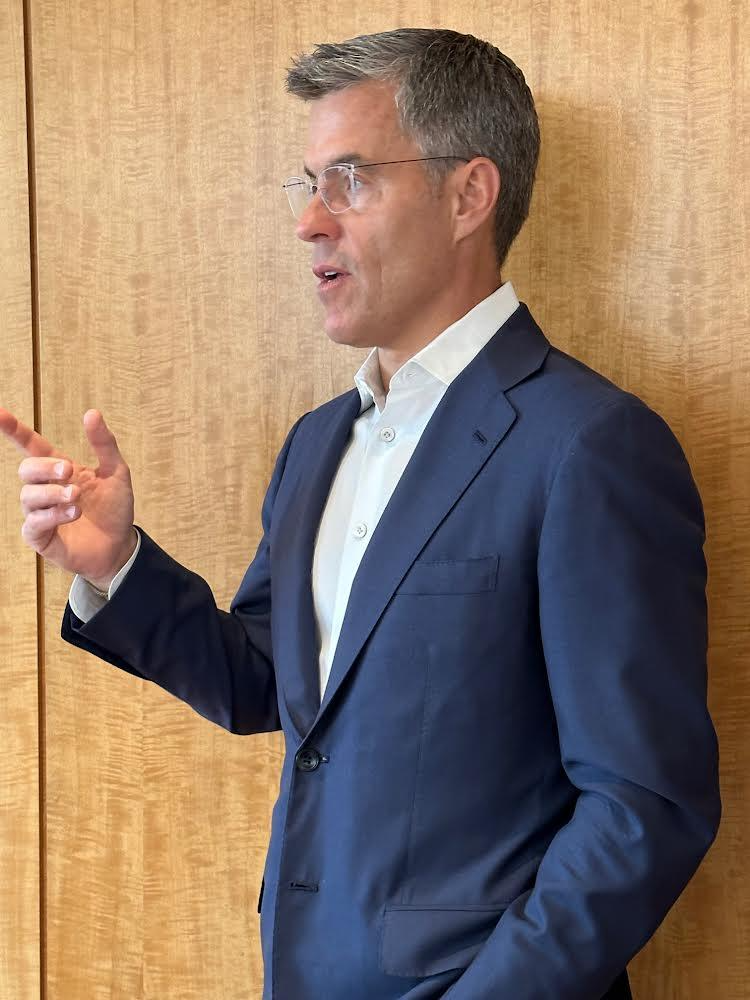
It's official, AI is the new metaverse. While the technology that gave us models like ChatGPT, Stable Diffusion, and Jasper surpassed the metaverse in terms of popularity a long time ago, something was missing: a tech giant putting AI at its center. With Google now becoming an "AI-first" company, AI has cemented itself as the ruler of the tech world. However, according to financial expert Brook Taube, this is just the beginning.
"AI will be essential to the future of all industries, not just tech and finance," says Taube. "It will find a home in front-end customer interfaces, back-end technologies, investing analyses, customer experience, predictive analysis, and other important areas. There is no limit to what it can accomplish, it is a matter of time and effort."
Historically, AI has been limited to serving very specific purposes like playing chess, analyzing big data sets, and recognizing facial expressions. However, now that AI is proving itself able to create, it has expanded its repertoire with use cases ranging from appealing insurance denials to designing parts for spaceships. In the case of the financial industry, processes like fraud detection, customer service, product design, and customer behavior prediction could soon be automated in a way especially beneficial for the industry given the vast amounts of data it handles.
Just as Taube, who has become an expert on the financial and tech industries during his more than three decades of experience, explains: "AI is limited by the user's creativity". Having helped hundreds of companies become million-dollar businesses, Taube is well aware of what can be done when passion, profits, and innovation converge. The increasing number of AI models available means that combining one or more can result in a solution for virtually any problem.
While rapid AI development certainly represents a risk in areas like employment, privacy, ethics, and bias, the technology is still young. Producing complex systems is certainly possible and is happening right now, but their design, development, quality assurance, use, and oversight still require human involvement. In fact, AI might be facing a future similar to the one blockchain faced before it, meaning that progress could be about to slow down.
"Challenges are already emerging with respect to the control, regulation, and accountability of these AI models," explains Taube. " AI can no longer be stopped - what we have seen is nothing compared to what is being developed. "
Taube is not alone in believing so, as other industry leaders agree with the notion that trying to stop AI is a futile attempt. When ChatGPT was banned by the Italian government, users simply used VPNs to circumvent the ban and access the service. Industry leaders like Bill Gates have also clashed over the pause of all AI development suggested by Steve Wozniak, Elon Musk, and other experts through an open letter.
"It is very clear that regulation will be a complicated issue and critically important. Don't get me wrong, it won't solve all the complex challenges presented by AI," concludes Taube. "The sooner we establish cross-industry, cross-border, and cross-regulatory groups that can collaborate on the development of AI and provide advice on its controls and applications, the better positioned we will be to tackle this challenge."
ⓒ 2026 TECHTIMES.com All rights reserved. Do not reproduce without permission.




